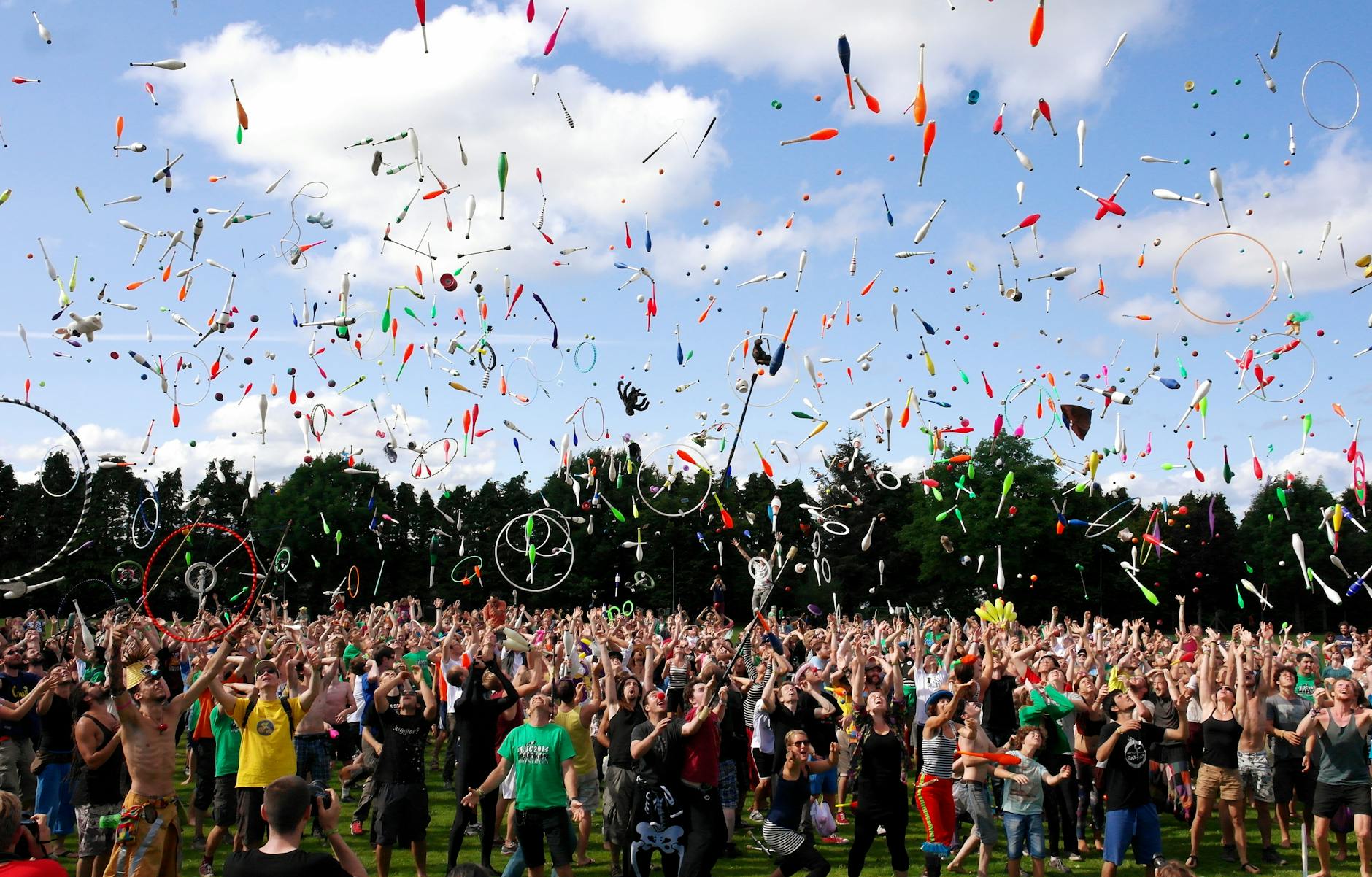Music festivals have been a significant part of human culture for centuries. From the earliest religious ceremonies to the modern-day Coachella, festivals have been a way for people to come together and celebrate music, art, and culture. In this article, we will take a closer look at the history and significance of music festivals around the world.
The Early Days of Music Festivals
The first music festivals can be traced back to ancient Greece. The Greeks held festivals to honor their gods and goddesses, which often included music and dancing. These festivals were important social and cultural events, and they helped to bring people together in a spirit of celebration and unity.
Over time, music festivals became an important part of religious ceremonies and celebrations in many cultures around the world. In medieval Europe, for example, the Christian church held festivals to celebrate important religious holidays, such as Easter and Christmas. These festivals often included music, dancing, and other forms of entertainment.
The Rise of Modern Music Festivals
The modern music festival as we know it today began to take shape in the 1960s. The Woodstock Festival, held in upstate New York in 1969, was one of the first large-scale music festivals to take place in the United States. The festival, which attracted an estimated 400,000 people, featured performances by some of the biggest names in rock and roll, including Jimi Hendrix, The Who, and Janis Joplin.
Woodstock was a watershed moment for music festivals, and it set the stage for the explosion of music festivals that would follow in the decades to come. Today, music festivals are held all over the world, and they attract millions of people each year.
The Significance of Music Festivals
Music festivals are more than just a way to listen to music. They are important cultural events that bring people together in a spirit of celebration and community. Music festivals offer a space where people can come together and connect with others who share their interests and passions. They also provide an opportunity for artists to showcase their talents and connect with fans.
Music festivals are also an important economic driver for many communities. They generate significant revenue for local businesses, and they create jobs for people working in the music and entertainment industries.
Conclusion
In conclusion, music festivals have a rich and storied history that spans centuries and cultures. From the earliest religious ceremonies to the modern-day Coachella, music festivals have been an important way for people to come together and celebrate music, art, and culture. Today, music festivals continue to be an important part of our cultural landscape, and they provide a space where people can come together and connect with others in a spirit of celebration and community.



